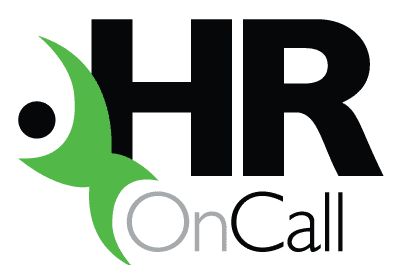Love it or hate it – social media is everywhere and it’s here to stay. In 2012, Silk Road Technologies researched how many employees’ accessed (via their personal mobile) social media within a typical work place At that time, 75% of workers accessed it at least once per day whilst at work.
This being the third article on policies, it’s still worth repeating the two critical components for successful workplace HR:
- You need a policy, and;
- You will need to ensure your employees are aware of the policy, are trained and competent in the policy and have regular retraining.
We’ve had clients over the past few months tell us employees posted negative comments about their job, the workplace and/or other employees on social media. One of the first questions asked was; does your business have a social media policy?
What is social media?
Social media is a rapid communication platform such as Twitter, LinkedIn, Facebook or YouTube. There are many more out there. Typically, users share content with each other in either text or visual form from a variety of devices (PC, tablet, smartphone, etc.) Anyone can access this content, often called “posts,” if they have an internet connection.
Why do you need a social media policy?
If an employee posts something on social media that disparages your company outside of work hours, courts will only take this into regard if you have clear social media policy and your employees must know and understand the policy.
This does not mean that you simply make a policy. You must ensure that your employees are aware of this policy, get training and are competent. You must also undertake regular retraining. This philosophy covers policies in general.
What is in a good social media policy?
- The definition of social media needs to be clear;
- What behaviours are deemed by your company as unacceptable;
- What may happen to the employee if they breach the policy;
- Explain the results should an employee post on social media for example it is difficult to delete and will provide an ongoing record, etc.;
- Make reference to any other policy which may be associated with the social media policy: for example, bullying, sexual harassment, internet and email etc., and;
- Ensure that you mention that your company does not tolerate discriminating, defamatory, harassing or offensive behaviour.
If content posted by your employees on social media sites is deemed offensive, harassing, bullying etc. you and your business may be vicariously liable for that content. This will also link to breaches under discrimination and harassment legislation.


